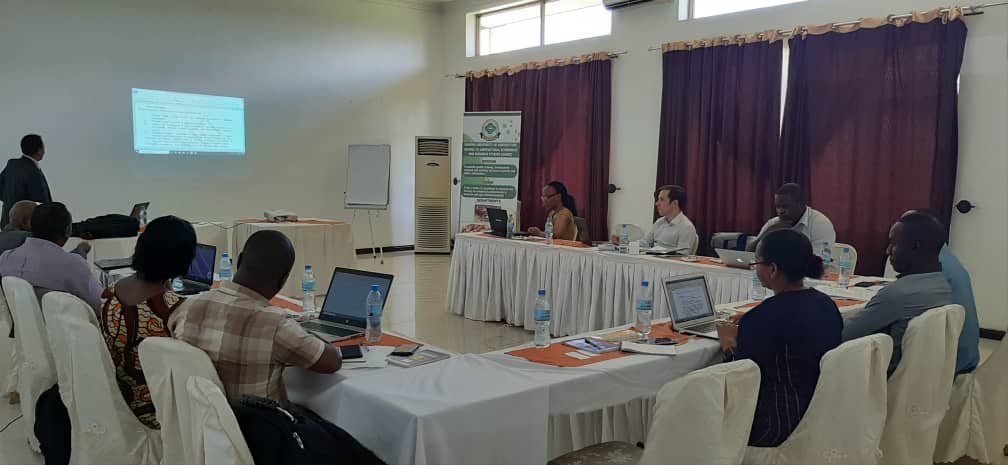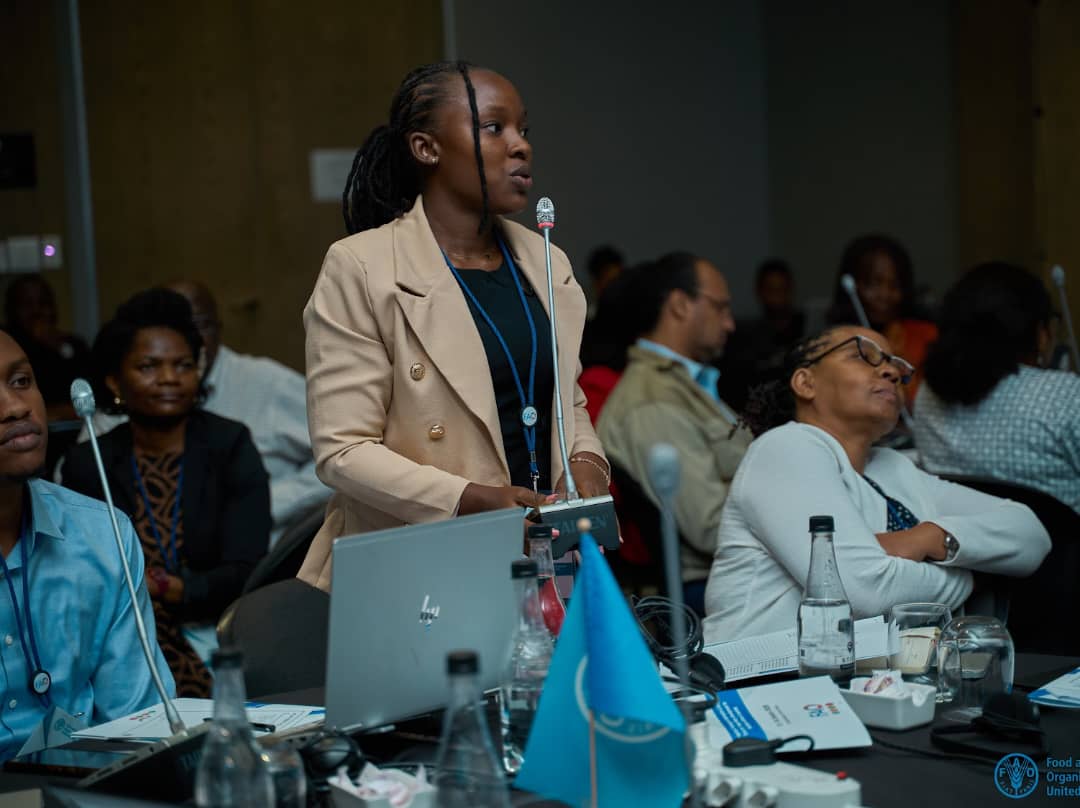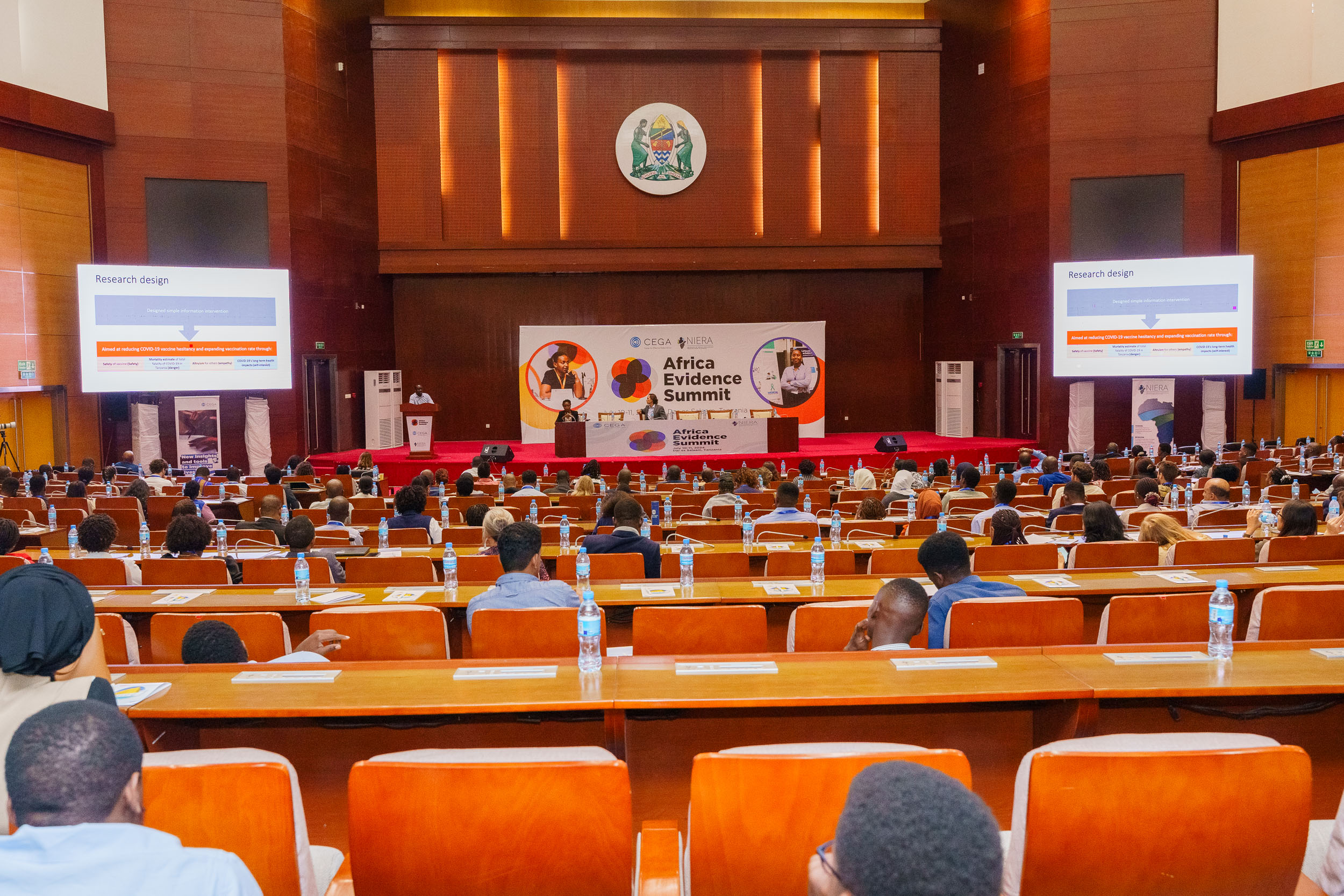Policy Analysis Group (PAG), Annual Retreat meeting
From 24th to 25th October 2019, Policy Analysis Group (PAG) organized a two days Annual retreat meeting hosted by School of Agricultural Economics and Business Studies (SAEBS)– SUA, sharing and reviewing the progress of Tanzania policy reforms including National Agricultural Policy (NAP).

Policy Analysis Group (PAG) is an informal community of practice and voluntary group with members working on agricultural policy projects and initiatives, including NGOs, non-state actors, private sector, academia and think tanks. The group has over 20 members, of which the Sokoine University of Agriculture through Regional Networking of Agricultural Policy Research Institutes (ReNAPRI) is among. The group provides a platform for sharing information on policy research and activities to enhance coordination, collaboration and synergies. PAG also aims at ensuring consistency in policy messaging. Established in 2013, the Policy Analysis Group (PAG) responds to the need for a coordination platform for policy reforms.
From 24th to 25th October 2019, Policy Analysis Group (PAG) organized a two days Annual retreat meeting hosted by School of Agricultural Economics and Business Studies (SAEBS) at SUA sharing and reviewing the progress of Tanzania policy reforms including National Agricultural Policy (NAP) the meeting was attended by various guests from various professional and backgrounds including Researchers, Academia, Private sector and NGOs.
Mr Audax Rukonge, the Chairperson of PAG welcomed PAG members to 2019 Retreat by appreciating their participation and taking them through the agenda. The Chairperson facilitated self-introduction of participants and reiterated PAG objectives as coordination of policy activities. The Chairperson further expressed gratitude to the school of Agricultural Economics and Business Studies (SAEBS) at SUA for hosting 2019 PAG Retreat.
During the official opening of the meeting, the guest of honor, Dr. Akyoo (Dean – School of Agricultural Economics and Business Studies) appreciated the partnership with other Agriculture Policy stakeholders through PAG and assured continued support and participation by SUA. Dr. Akyoo underscored the role of SUA as Training, Research and Outreach. He further elaborated SUA’s participation in other initiatives such as ReNAPRI and BIFAD. He further welcomed PAG members to Morogoro and in the upcoming Agriculture Economics Association of Tanzania (AGREST) meeting in Dodoma from 13-15th, November 2019.
ASPIRE, Director, Prof. David Nyange made a presentation on progress in agricultural policy reforms during the last 5 years. He pointed out that the pace of reforms has accelerated especially in the last three years as evidenced by over 50 pieces of reforms including removal/reduction of 108 fees and charges in agricultural value chains. He further indicated that much reforms have been in fiscal policy but much work remains in regulatory reforms. In terms of value chains, food and traditional exports have received more attention.

PAG members discussion on the National Agricultural Policy led by Mr. Mbaga (ACT)
National Agricultural Policy draft – Agricultural Council of Tanzania (ACT) was presented by Mr. Mbaga, specifically on the policy objective and statement. PAG members made comments on various key policy areas such as Research and Development, Plant Breeders Rights, Biotechnology and Bio-safety, Human Resource Development, Agriculture Extension Services, Irrigation Development, Agricultural Mechanization, Agriculture Land and Fertilizer development.
Therefore the meeting concluded that the agenda need to be presented and discussed with Prime Minister which includes: Discussion on agriculture transformation and the need for increased funding to the sector; Underscore the need to maintain free trade for staples as incentive for increased production; Cooperative challenges and need to enhance accountability including reduction of cost for higher produce price. Additionally, Moshi Cooperative University needs to be involved in preparing facts and statistics on agricultural cooperatives.




